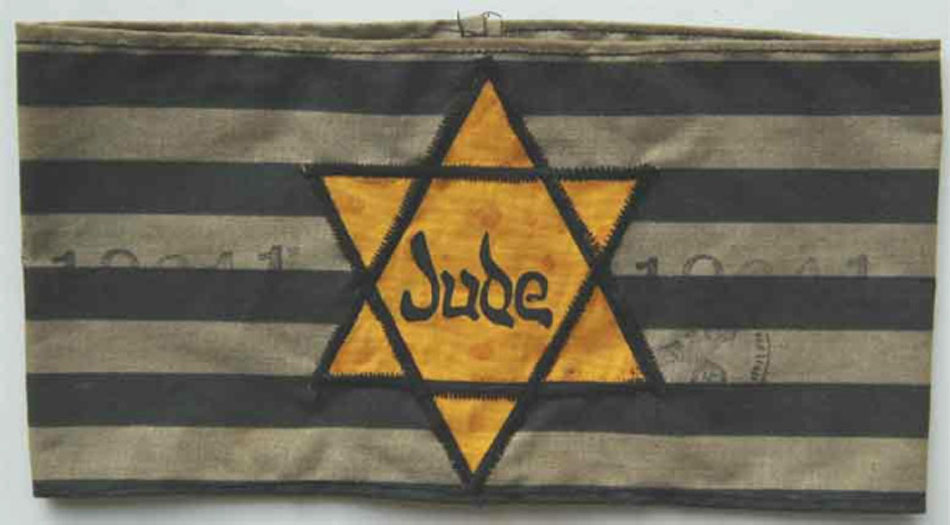A Moral Dilemma to Ask Your Family at the Shabbos Table: “Kapo”
By Rabbi Yitzi Weiner
Last week I shared a moral dilemma that was asked during the Holocaust. Because so many Jews are commemorating the Holocaust this week, I would like to share another moral dilemma raised during the Holocaust.
This one however, is much more morally ambiguous.
This week’s Torah portion discusses the mitzvah of Vechai Bahem (Vayikra 18,5) . This means that mitzvos should not be the cause of a person’s death. For example, if a person has to violate Shabbos to save his life, he should do so. If a person has to take a non-kosher medicine to save his life, he should do so. A person is allowed to violate nearly any Torah prohibition to save his or her life. This was a very germane principle that came up very often during the Holocaust.
There are three exceptions given to this rule. These are known as the Three Cardinal Sins. One cannot commit murder, idolatry, or sexual immorality to save one’s life. This means, for example, if a person would say, “murder this person or I will kill you”, one should say, “I would rather die than commit that sin”.
The following is a true story that pushes the limits of this concept.
During the war, the Nazis appointed Kapos, or enforcers, to supervise the Jews. Many of these Kappos were Jews themselves. In order to find favor in the eyes of the Nazis, many of the Kapos were very cruel to their fellow Jews. They would beat them, and report on them to the Nazis. Many of these Jewish Kappos rationalized to themselves that their lives would be spared if they acted harshly towards the Jews.
After the war a young man named Shimon approached R’ Ephraim Oshry with the following question. His father, Yosef was a Kapo in the concentration camps and he was able to survive the war because of his position. Yosef had recently passed away. Shimon recently learned the history of his father being a Kapo and was horrified. The young man wanted to know if his father was considered to be a Rasha, a wicked, person because of what he did.
On one hand, Yosef indeed acted very cruelly to his fellow Jews. On the other hand, he only did so in order to save his life. There is a mitzva of self preservation. Was it permitted for his father to hurt his fellow Jews in order to save his own life? Were his actions justified? According to the Torah can someone choose to hurt others in order to save his life? It is not one of the three cardinal sins.
Shimon took the question one step further. Shimon was going to be a father soon. He wanted to know if he should name his child after his father. If his father was considered to a Rasha he did not want to name his child after this father.
In addition , Shimon asked, when he got called to the Torah for an aliya, he was called up as Shimon Ben Yosef. If his father was considered to be an evil person, perhaps he should use his grandfather’s name instead.
How would you answer Shimon?
See Shailos V’Teshuvos Mimamakim 3, 12 & 3, 14
Answer for last week’s moral dilemma:
This story is discussed by Rav Yitzchak Zilberstein in Veharev Na Volume Two Hebrew edition page 271
Rav Zilberstein says that it would be preferred for them to draw lots and one of them to eat a whole Kezayis. If they split it, neither would be doing the mitzva properly. If one eats the whole Kezayis, one will be doing the entire mitzva and the other would be helping him to do the entire mitzva. Helping another do the entire mitzva properly is itself a great merit.
Click HERE if you would like to receive this question series as an email each week.

